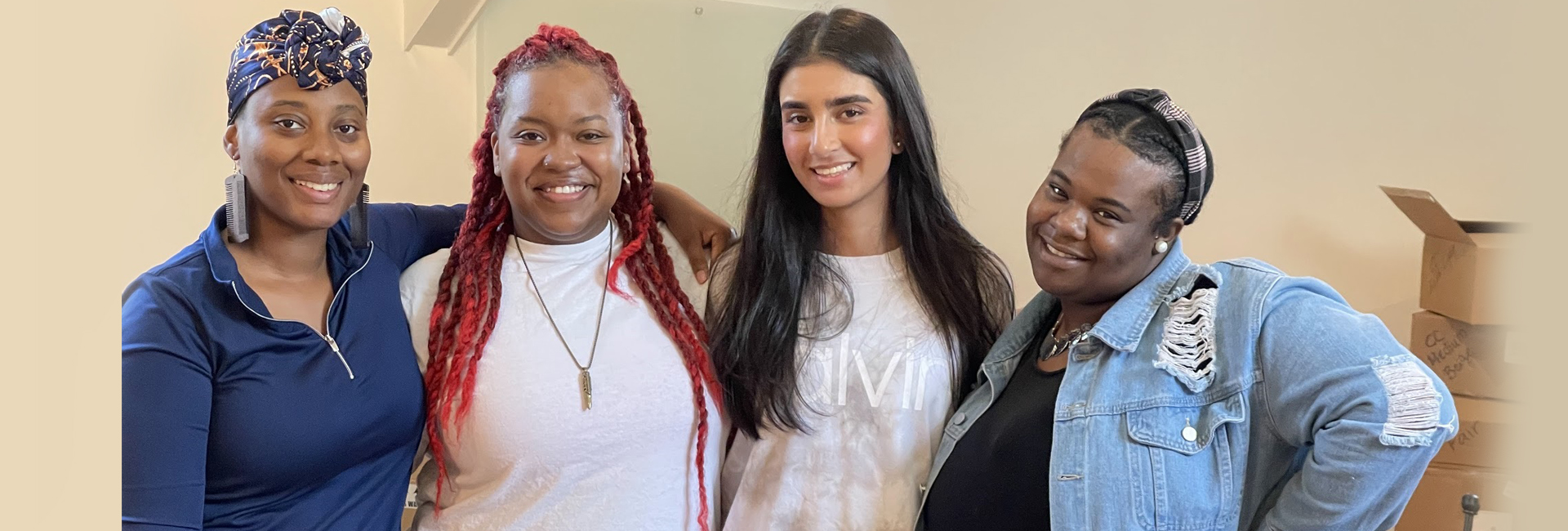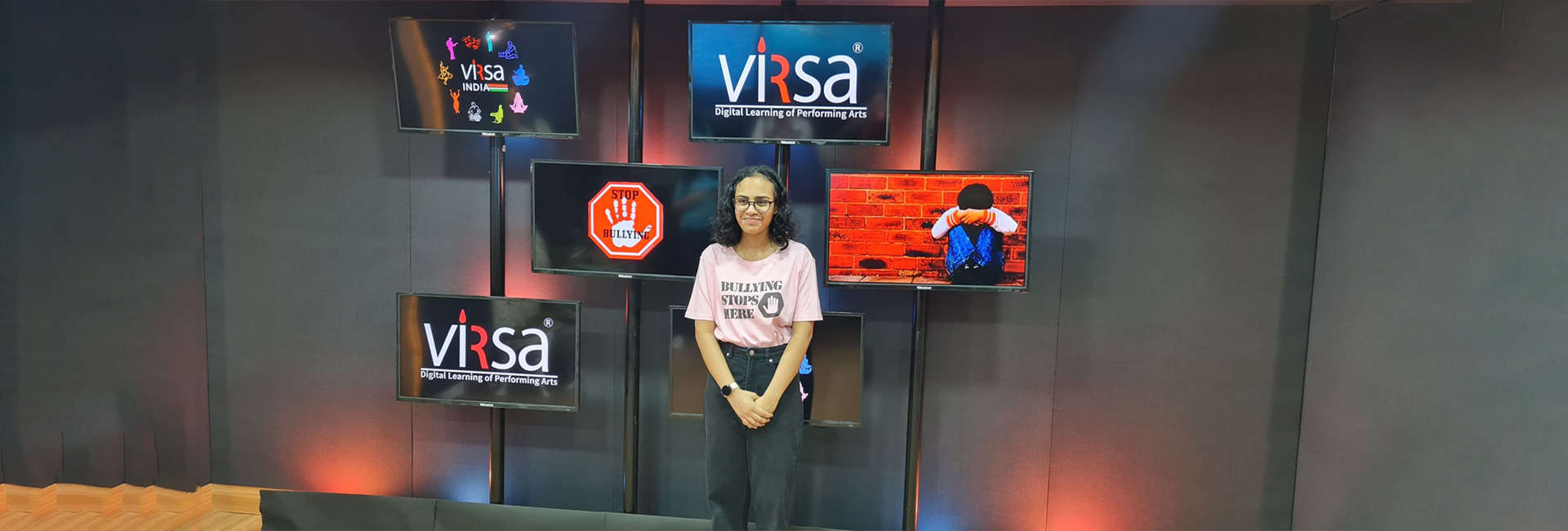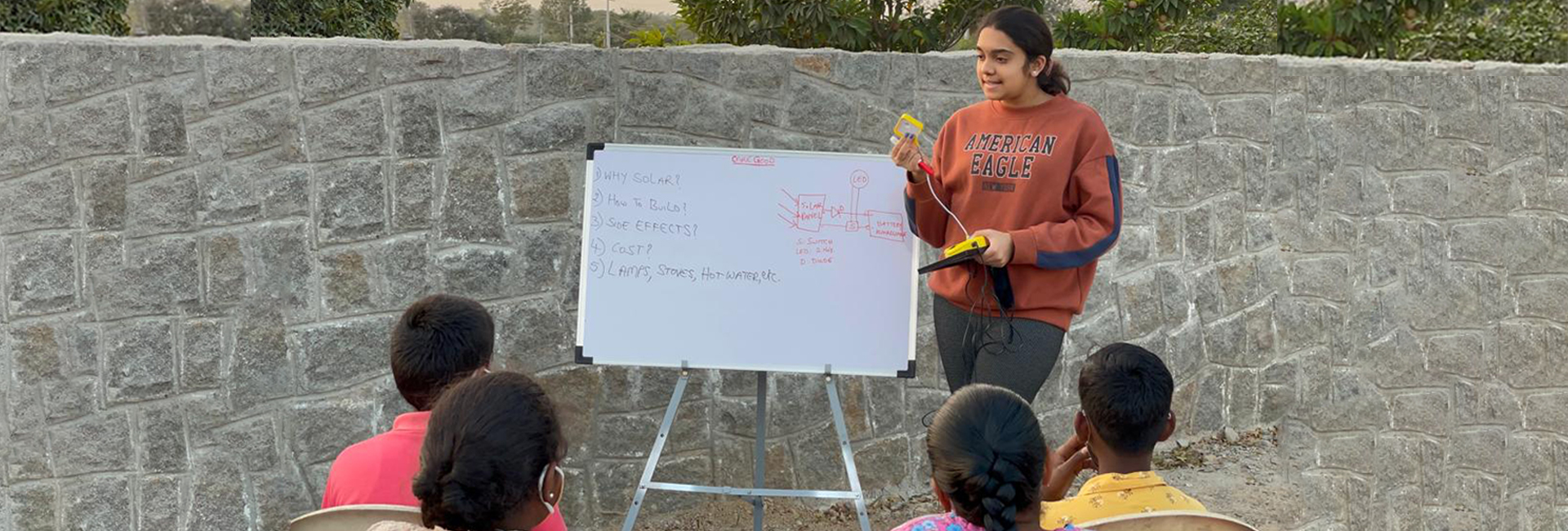(February 24, 2023) “You are never too small to make a difference.” These words by Swedish environmentalist Greta Thunberg hold true for hundreds of changemakers who are up in arms to create a purposeful change, and young Indians are not far behind. From period poverty to water crisis, they are holding the torch for almost every problem, and showing them the out gate through their incredible ideas and consistent efforts.
Global Indian takes a look at five such changemakers who are making a difference at a young age.
Amika George
“Girls Too Poor to Buy Sanitary Products Missing School” – this headline on the BBC website in 2017 was the starting point of a revolution that was set to change the course of the education system in the UK. Behind this tectonic shift was a then 17-year-old Amika George, who stumbled upon the fact that period poverty was a startling reality in not just India or Kenya, but the UK too. One in ten girls in the UK was unable to afford sanitary products. Many girls were forced to miss school every month for the lack of access to menstrual products – this shocking truth led the activist to set up Free Periods, to campaign against period poverty.
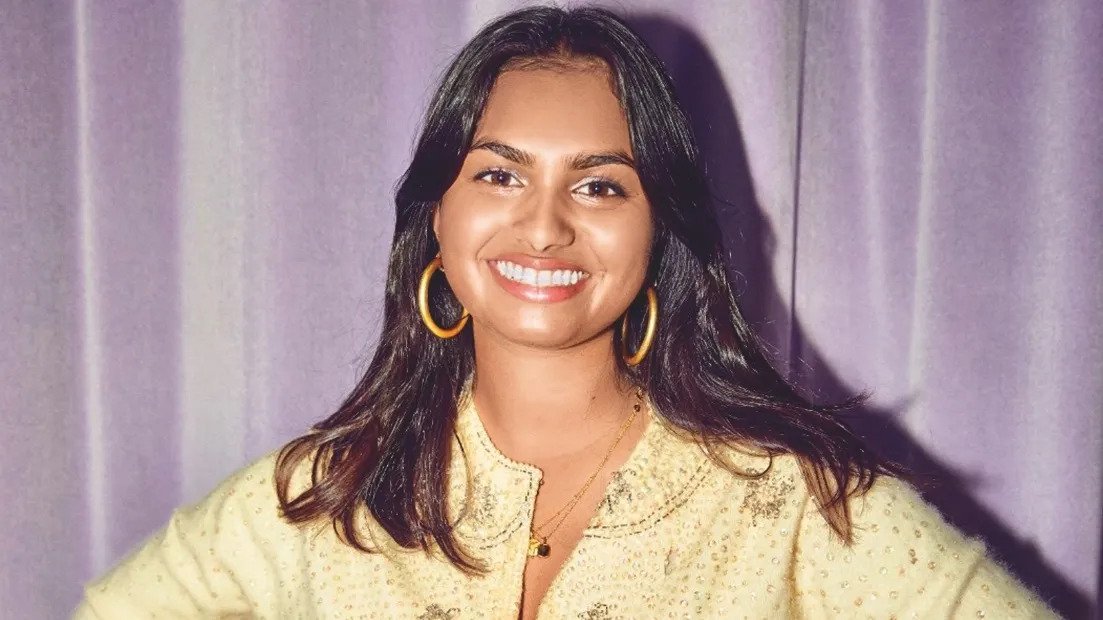
Amika George is the founder of Free Periods.
It was on Instagram that the movement took off in April 2017 and soon turned into a peaceful protest outside Downing Street with a turnout of 2000 people including big names like Suki Waterhouse and Adwoa Aboah. “I was shocked and decided to start a campaign to lobby the government, urging them to give free menstrual products to children from the lowest income families. I found support quickly and globally. So many people outreached to offer support, with many telling me that this was something they were going through and needed to be addressed.” she told Pink Parcel.
Ensuring equal access to education for all children, irrespective of their sex was the foundation of the Free Periods movement which later turned into a legal campaign against the UK government “Period poverty is a situation many girls and women find themselves in when they cannot afford costly period products. Globally, period poverty intersects with other forms of disadvantage, including poverty and geography. It costs young girls their education. It impacts their ability to fulfill their potential and affects their ability to secure decent jobs and lift their families out of poverty. Period poverty is an issue of gender inequality,” she wrote for UN Women. The activism carried on for almost three years, which translated into a big win in January 2020 when the British government decided to provide schools with free sanitary products.
Garvita Gulhati
The drought crisis in 2015 left 330 million Indians affected – a number that made the then 15-year-old Garvita Gulhati frantically look for answers. Keen to find a way to conserve water, she started Why Waste? – a youth-led initiative to educate people on preserving water and changing their mind set on water wastage. In the last seven years, it has impacted over six million people and has saved over 10 million litres of water. A feat that has helped the now 21-year-old changemaker to make it to the Forbes 30 Under 30 list and has won her the Diana Award.
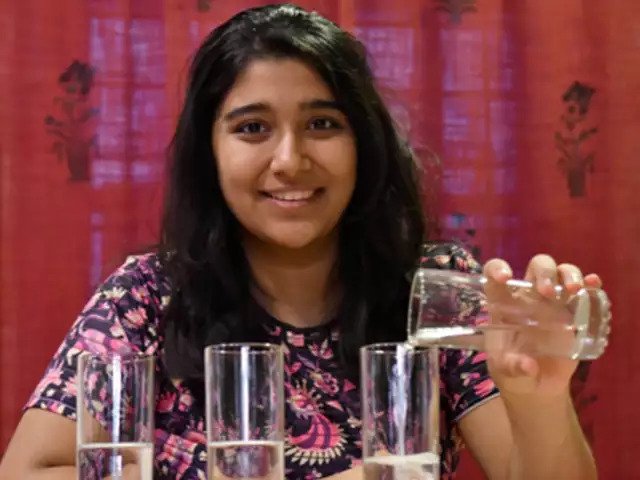

“At Why Waste? our main goal is to let each individual understand the importance of water resources and join hands with us in protecting and conserving this natural resource,” reads the official website.
Shreya and Sahana Mantha
The last wish from their dying grandmother, who was then battling pancreatic cancer, played a catalyst for Charlotte residents Sherya Mantha and Sahana Mantha in starting Foundation for Girls (FFG) in 2014 – a nonprofit to help underprivileged girls and women. The journey into social service began early for the Mantha sisters who were raised by their mom to help those in need.
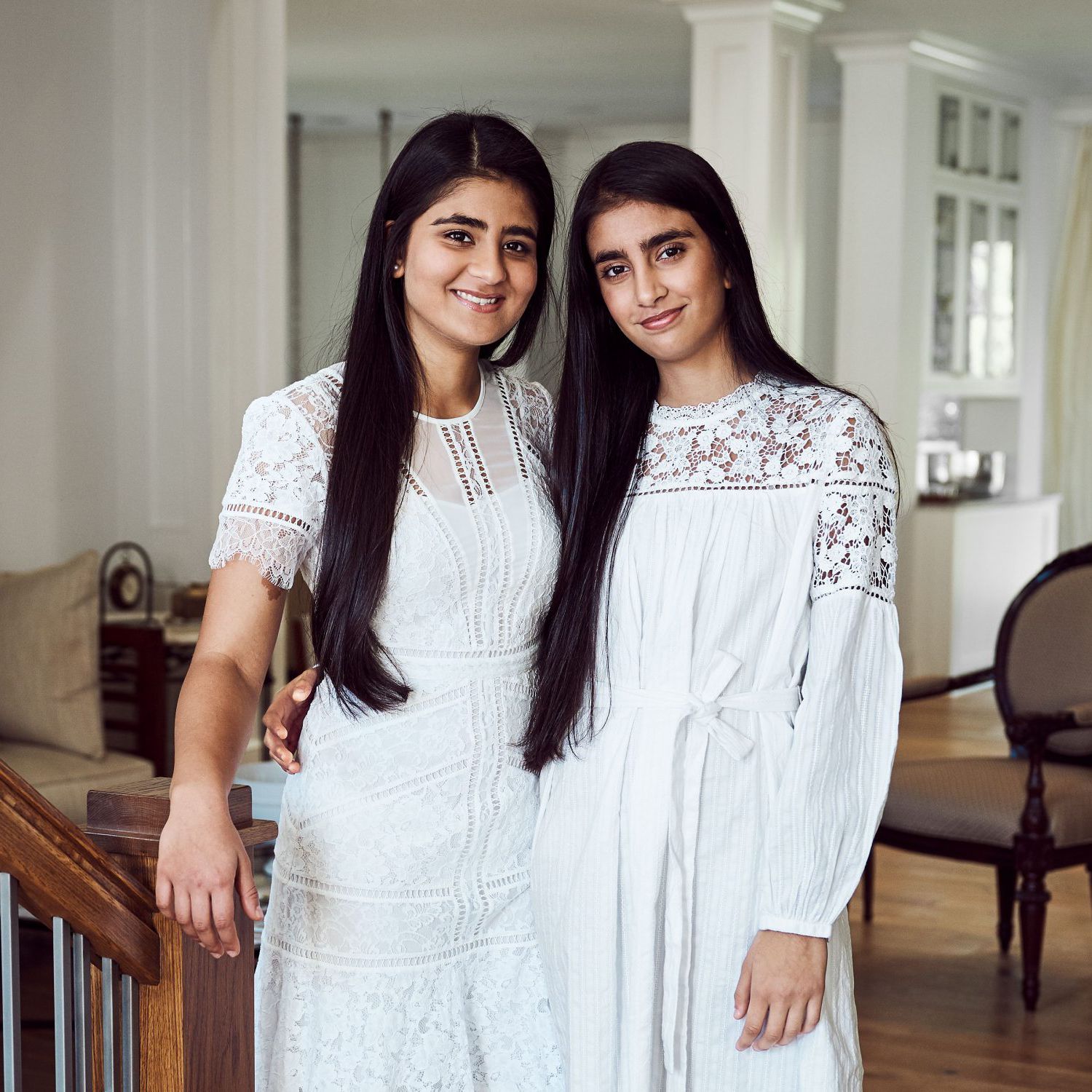

Shreya and Sahana Mantha co-founded Foundation for Girls
While FFG has impacted over 2500 homeless mothers and their girls through coaching, workshops, and care packs, it began with Shreya tutoring sex trafficking survivors and school dropouts when she was in Class 8. “The most important thing our mom taught us was ‘treat them as just regular girls your age, and barriers will break down,’ and that has how it has always been. So, our foundational principles of inclusivity and equity have much to do with how we live and lead,” Shreya told Global Indian.
Arjun Deshpande
One balmy afternoon at a medical shop in Thane, the then 16-year-old Arjun Deshpande witnessed an unpleasant scene. An old man, deep in debt, profusely pleaded with a shopkeeper to pay a hefty medicine bill later. The shopkeeper refused. “His wife had cancer and his son, who was an auto driver, was the sole breadwinner. They had spent a lot on treatment, and were finding it hard to manage money for medicines daily. He was helpless, and felt guilty. I saw how a common man was burdened with paying bills for necessities like medicines. This made me determined to bring about a new era in the world of pharma,” says Arjun who started Generic Aadhaar in 2019 to help provide medicines to the aam junta at low cost. Arjun is on a mission to eliminate middle-chain costs and provide medicines from manufacturer to end customers directly through a pharmacy-aggregator business model.
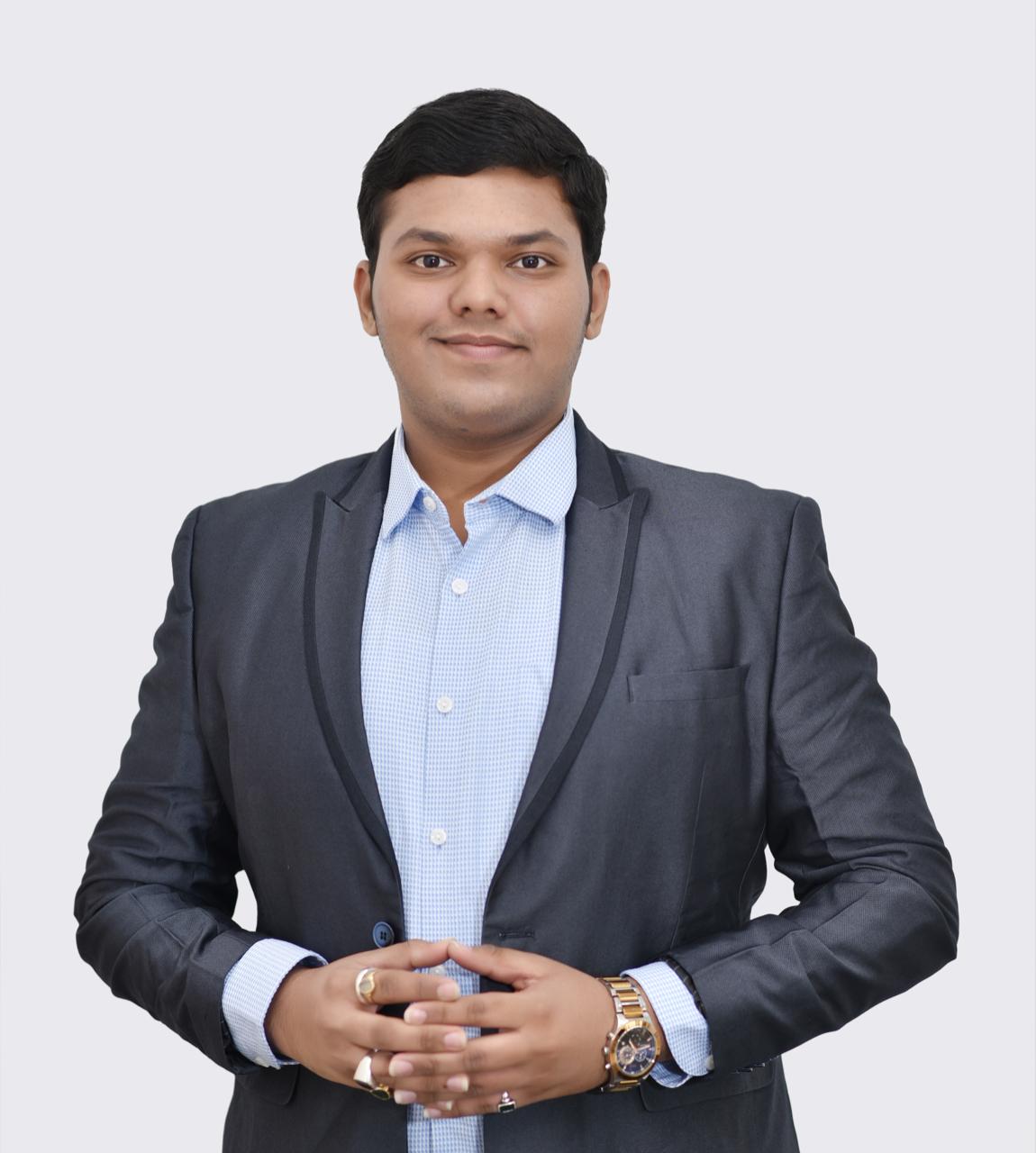

Arjun Deshpande is the founder of Generic Aadhaar
In four years, Generic Aadhaar has a presence in all states, and has opened over 1,800 stores across India. Such has been the vision and mission of the startup that even Ratan Tata invested in it. “We share the same mission and want to serve people. When he saw the same vision and determination to work for the people, he spontaneously supported Generic Aadhaar,” Arjun told Global Indian.
Sia Godika
The hard, cracked and worn-out feet of construction workers’ children in Sia Godika’s locality stirred this Bengaluru girl into action. “It broke my heart to see them running barefoot on the streets. I rushed home to find some pairs of shoes that I could give them. Seeing my shoe rack, it dawned upon me that I had so many pairs stacked up which I wasn’t even wearing anymore”. Upon research, she found 1.5 billion people worldwide don’t have shoes to wear, and around 350 million pairs of shoes are discarded each year. This led the Diana Award winner to start Sole Warriors initiative.


Sia Godika
It was in the fall of 2019 that Sole Warriors took a life of its own after Sia decided to help the needy by collecting used shoes, refurbishing and donating them. In just two years, the 16-year-old’s initiative has created a global movement – donating 21,000 pairs of shoes to the disadvantaged.

